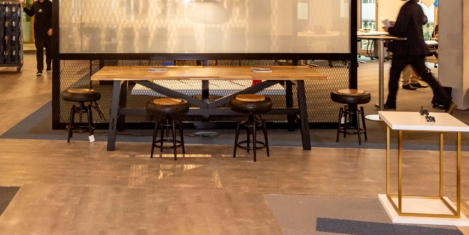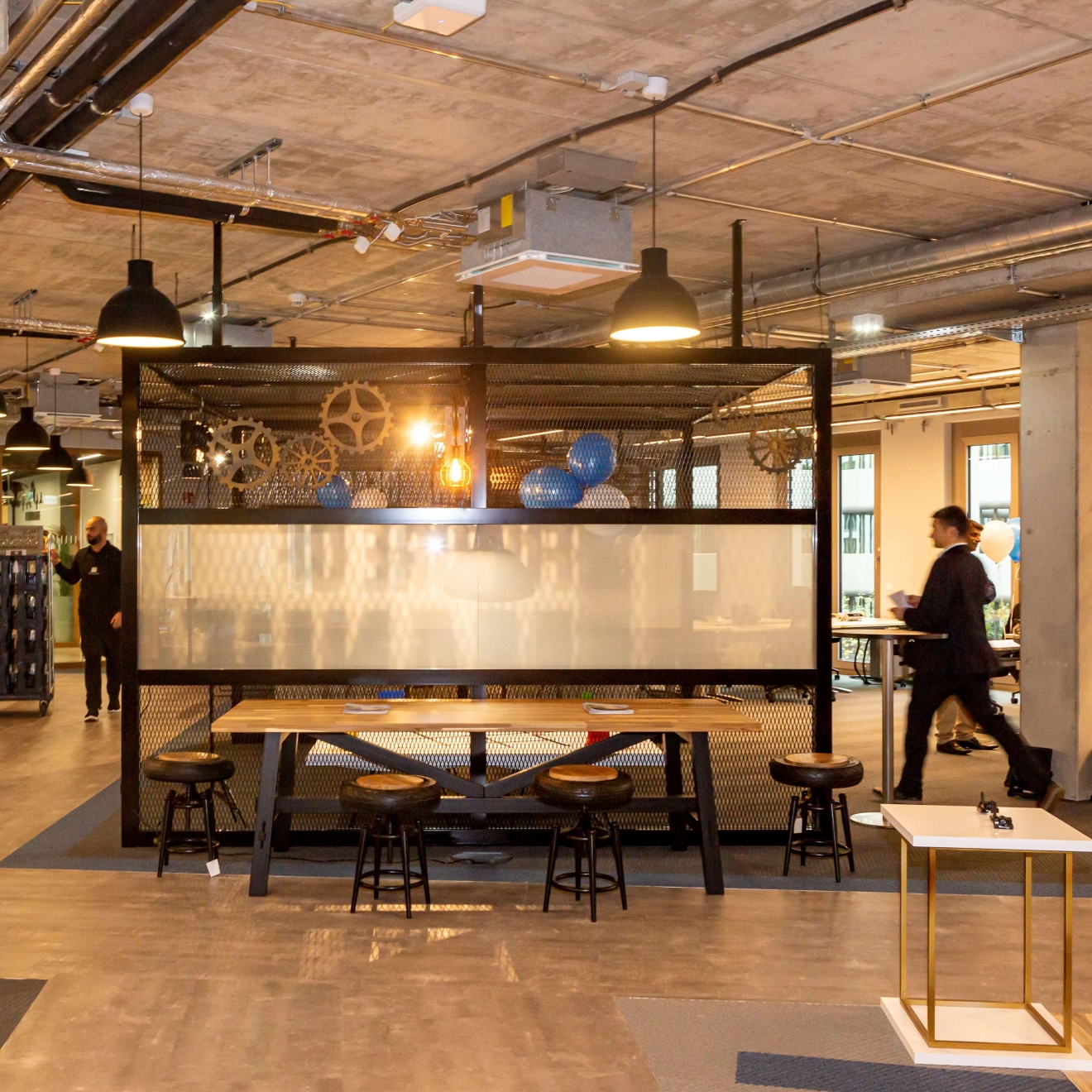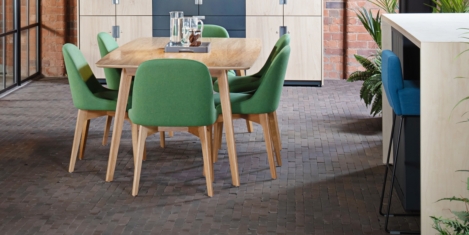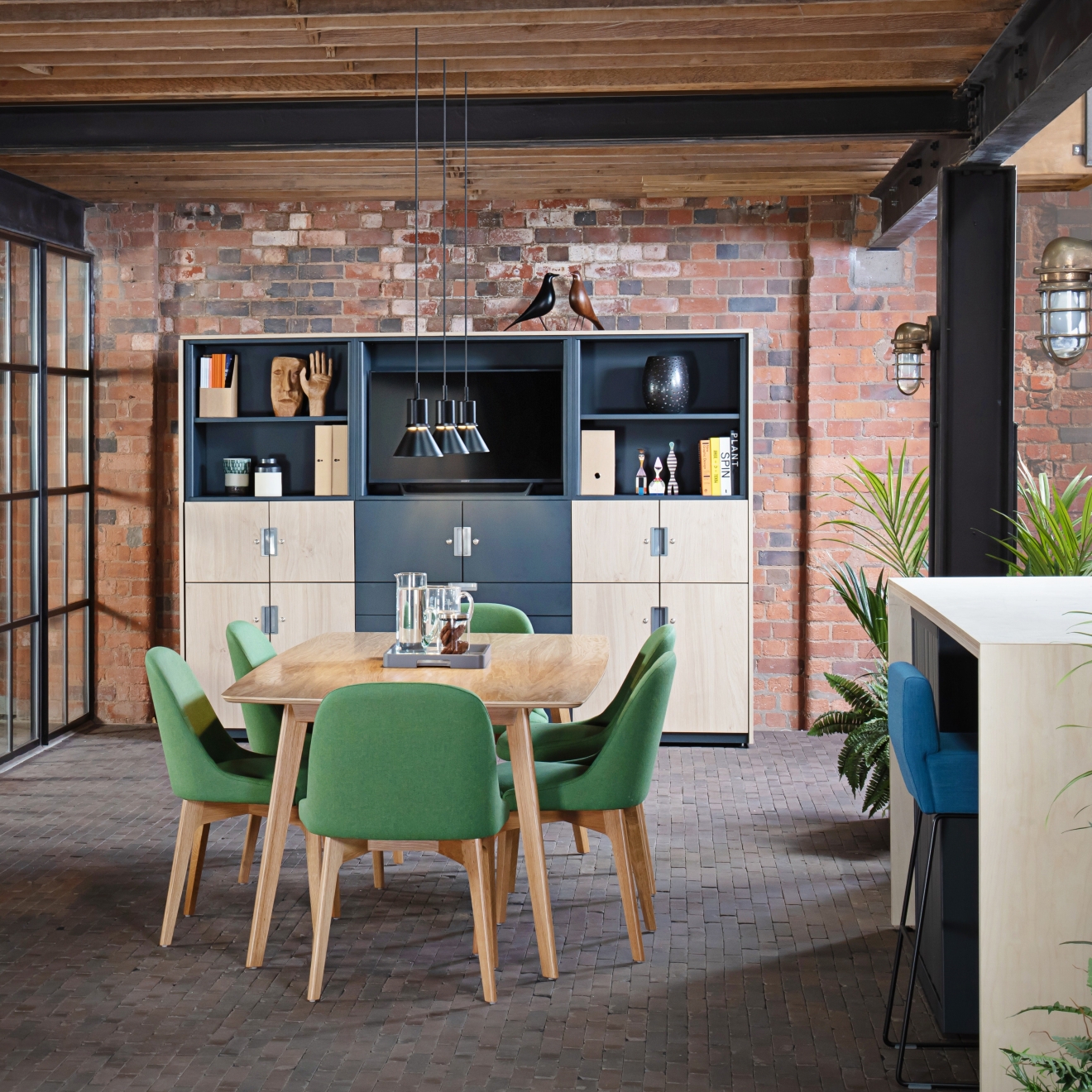To provide the best experiences, we use technologies like cookies to store and/or access device information. Consenting to these technologies will allow us to process data such as browsing behaviour or unique IDs on this site. Not consenting or withdrawing consent, may adversely affect certain features and functions.
The technical storage or access is strictly necessary for the legitimate purpose of enabling the use of a specific service explicitly requested by the subscriber or user, or for the sole purpose of carrying out the transmission of a communication over an electronic communications network.
The technical storage or access is necessary for the legitimate purpose of storing preferences that are not requested by the subscriber or user.
The technical storage or access that is used exclusively for statistical purposes.
The technical storage or access that is used exclusively for anonymous statistical purposes. Without a subpoena, voluntary compliance on the part of your Internet Service Provider, or additional records from a third party, information stored or retrieved for this purpose alone cannot usually be used to identify you.
The technical storage or access is required to create user profiles to send advertising, or to track the user on a website or across several websites for similar marketing purposes.
 An increase in hiring intentions among public sector employers looks set to support further employment growth in the UK, according to a report from the CIPD and the Adecco Group. The latest quarterly Labour Market Outlook survey suggests that public sector employment growth is expected to increase in line with the private sector for the first time since 2008. (more…)
An increase in hiring intentions among public sector employers looks set to support further employment growth in the UK, according to a report from the CIPD and the Adecco Group. The latest quarterly Labour Market Outlook survey suggests that public sector employment growth is expected to increase in line with the private sector for the first time since 2008. (more…)








 Eastern European businesses have benefited overall from EU membership but, for local firms, the promise of joining does not always live up to expectation or improve productivity, a
Eastern European businesses have benefited overall from EU membership but, for local firms, the promise of joining does not always live up to expectation or improve productivity, a 
 Executives in small and mid-sized businesses in the UK are more anxious about major decisions at work than critical decisions at home that affect their family, a new study has claimed. The new study by
Executives in small and mid-sized businesses in the UK are more anxious about major decisions at work than critical decisions at home that affect their family, a new study has claimed. The new study by 






















February 12, 2020
Workplace leaders must adapt to a new technological reality
by Brian Kropp • Comment, Technology, Workplace